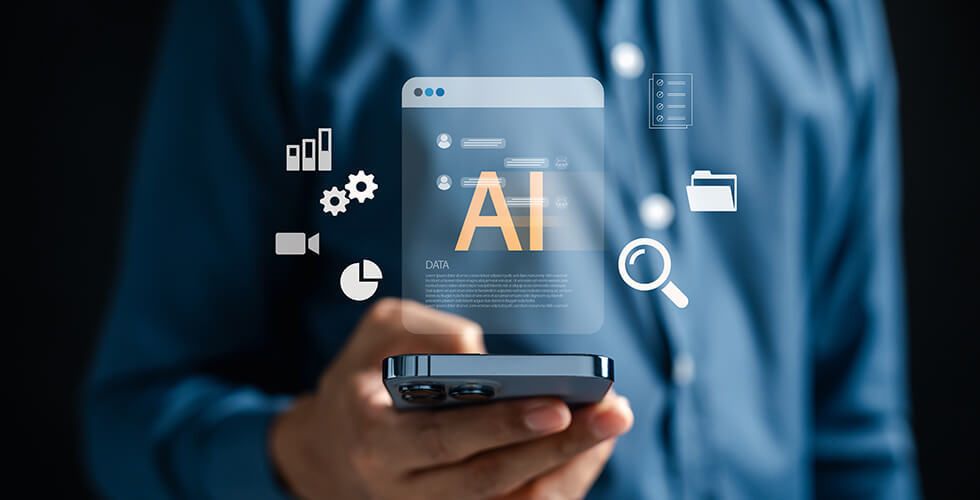
Artificial Intelligence, or AI, is the simulation of human intelligence by machines. At its core, AI involves algorithms that learn patterns, make predictions, and solve problems—often faster and more accurately than people. It powers everything from voice assistants and recommendation engines to self-driving cars and advanced robotics. Unlike traditional software, AI systems can adapt and improve over time, making them capable of handling tasks that once required human reasoning.
On the good side, AI has unlocked breakthroughs in medicine, energy, and productivity. Algorithms now detect cancer earlier than human doctors, optimize supply chains to reduce waste, and even help farmers predict crop yields with pinpoint accuracy. In everyday life, AI assistants save time, automate tedious tasks, and make information more accessible than ever.
But with the good comes the bad. AI’s rapid rise has sparked fears of job displacement as machines take over tasks once reserved for humans. Automation in industries like manufacturing and customer service has already eliminated thousands of roles, and experts warn that white-collar jobs are next. Privacy is another major concern: AI systems harvest and analyze vast amounts of personal data, often without explicit consent. The more AI learns about us, the more vulnerable we become to misuse or surveillance.
Then there’s the ugly side—unintended consequences and ethical dilemmas. AI-generated misinformation can spread faster than fact-checkers can keep up, blurring the line between reality and fiction. Bias in algorithms has led to discriminatory decisions in hiring, lending, and law enforcement. And as AI becomes more advanced, some experts warn about the potential for systems to act in ways we can’t control, raising questions about safety and accountability.
Ultimately, AI is a tool—neither inherently good nor bad, but immensely powerful. The challenge lies in how we use it and who holds the reins. Done right, AI can enhance human potential and solve global problems. Done wrong, it could deepen inequality and erode trust. The future of AI isn’t just about technology; it’s about the values we choose to embed within it.

